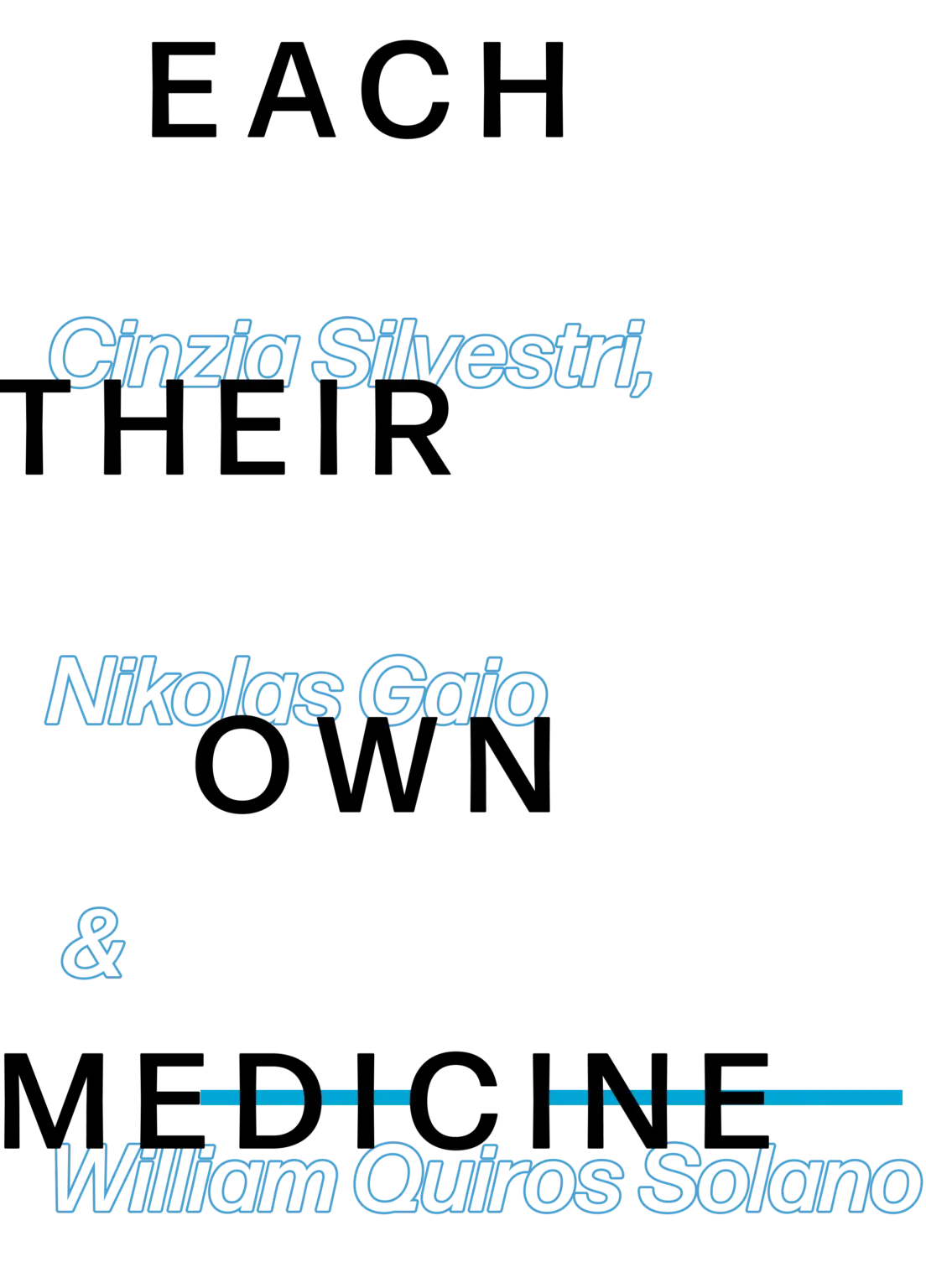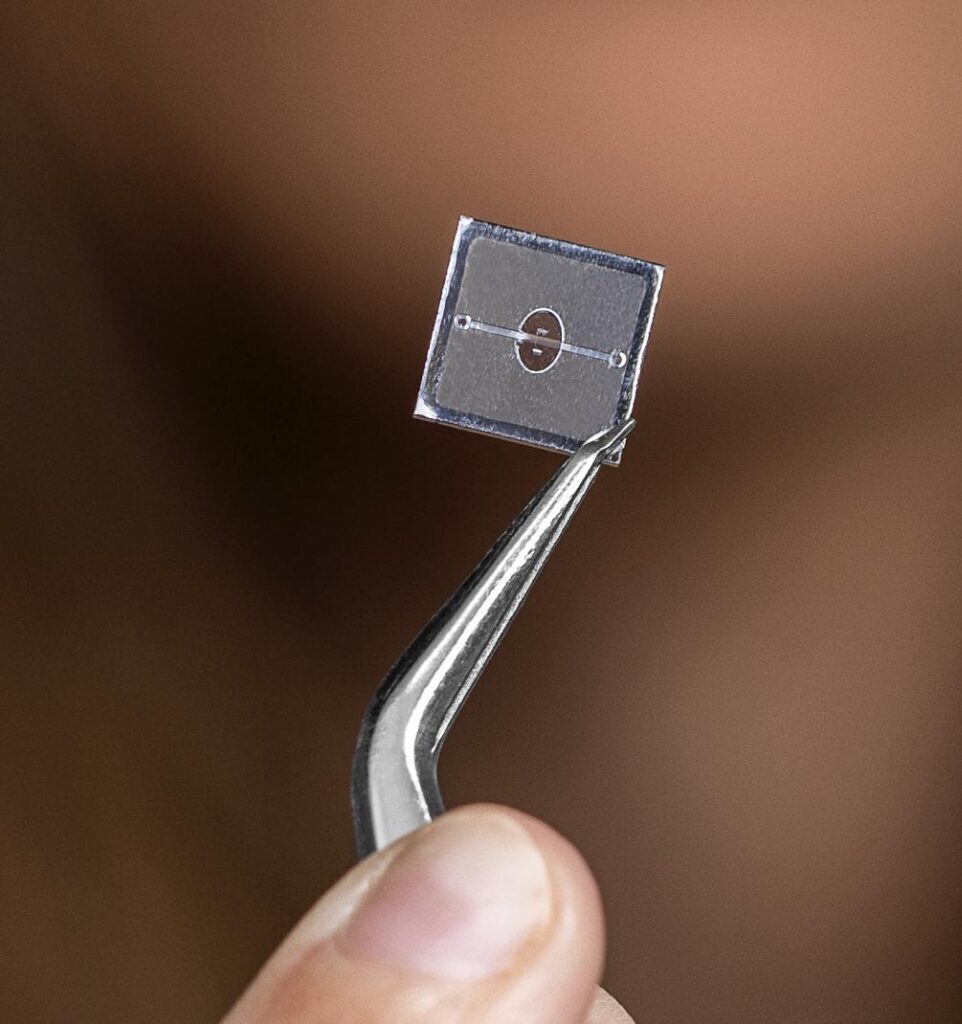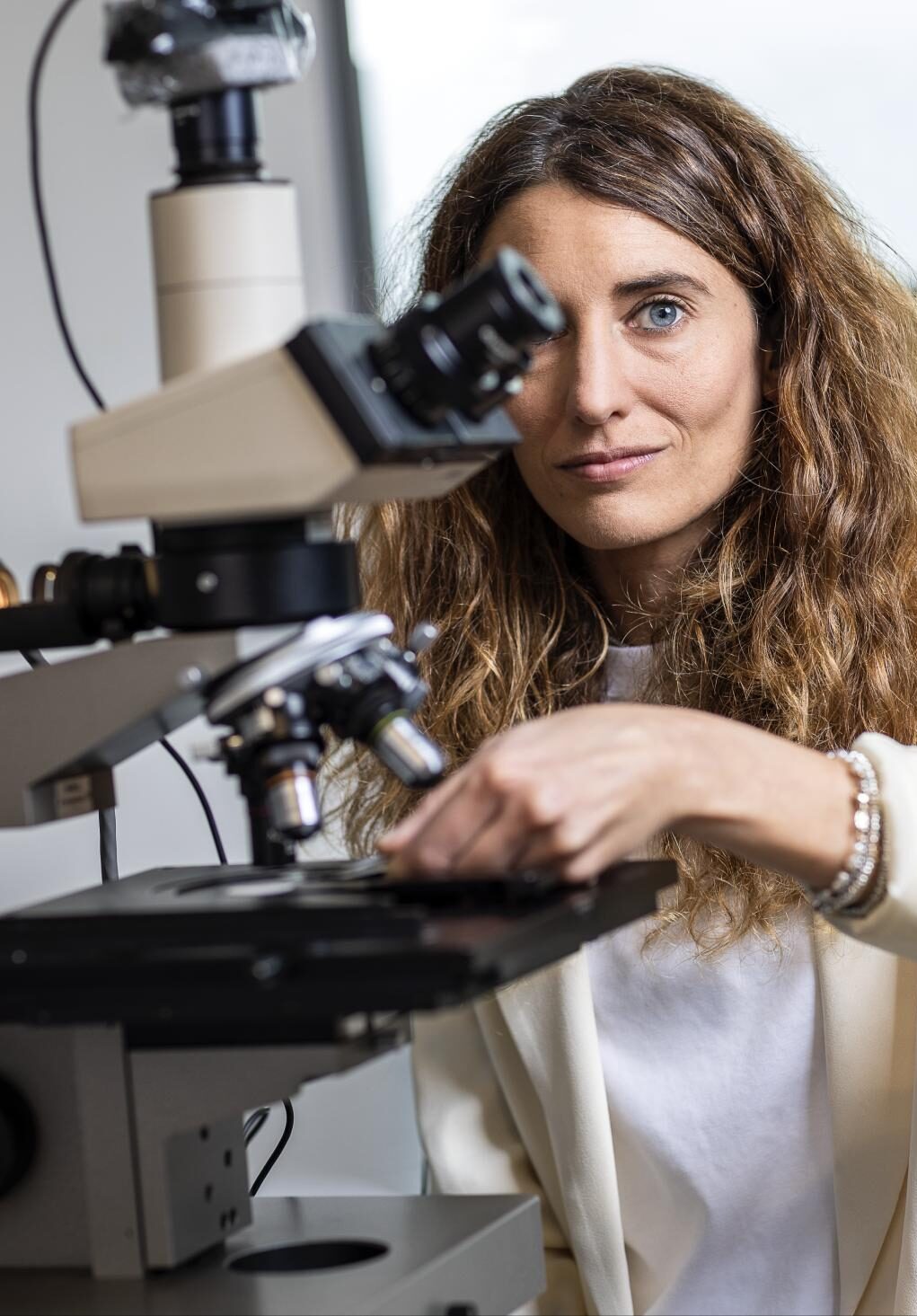Serendipity

It was the summer of 2016 when PhD students Cinzia Silvestri, Nikolas Gaio and William Quiros Solano each worked on their own research project in the Else Kooi Laboratory, TU Delft’s clean room. Quiros Solano was developing a recipe to deposit a new material for integrating sensors in organ-on-chips, and had just made some changes to his experiment. But as soon as he checked the results under the microscope, he realised that the material deposition was all wrong. Ashamed, he invited Gaio to have a look at his ‘disaster’. But when his fellow student took over the microscope, he realised that the ‘disaster’ he was looking at was actually a brilliant discovery – the key to integrating an artificial blood vessel and mass producing organ-on-chips. With much enthusiasm, they shared their findings with their supervisor, Professor Ronald Dekker. Although amazed at their discovery he immediately tempered their expectations. He told them that since it was an error there was no way they could reproduce the fabrication mistake.
Quiros Solano and Gaia, however, thought otherwise. Within just two weeks, they had successfully recreated the ‘failed experiment’. Being researchers, they hoped to turn their accidental discovery into a publication and were thrilled at the idea that it might even be picked up by a well-known magazine. But fellow PhD candidate and friend, Cinzia Silvestri, had a better idea. Why not turn their ‘mistake’ into a patent and build a start-up?
Revolution
Just a year later they launched their company Bi/ond, created their intellectual property, and embarked on their quest for funding. Despite a rough start – the three were turned down several times before securing their first grants – they have now received over EUR 4 million in funding and are revolutionising the way drugs are developed. “Current medical research does not reflect the genetic differences between people,” Silvestri explains. “People of different backgrounds, genders and ages receive drugs that are often based on a standard that is not representative of them. For example, many of the medicines we use today are only tested on men.”
The current standard in drug development is to test on animals. But even though they share a lot of similarities, animals are very different from human beings, she explains. “For example, they don’t get human diseases such as Parkinson or Alzheimer so the ideal thing would be to ethically test on different kinds of human bodies in a lab. This is exactly what our company does.” Thanks to that mistake seven years ago, they created a chip called InChipit. “It means ‘the beginning of everything’ in Latin,” Silvestri explains. “It’s a silicon-based chip that helps replicate key aspects of human organs, such as the beating of a heart, tissue interactions and blood circulation. We make miniature models of human cells in the chip. Because the cells on the chip are supplied with oxygen and nutrients, it is as if they are inside a human body. We use human derived stem cells, so cells that can potentially come from any of us. This allows for the personalisation of medicine. But above all, it brings greater inclusivity and diversity in drug development and could – perhaps – in the future make animal testing obsolete and outdated.”
Accidentally stumbling onto something unexpected is a common occurrence for scientists. This time, how a mistake during an experiment is now revolutionising drug development.
Text Marjolein van der Veldt

@Marieke de Lorijn
An organ-on-a-chip (OoC) is a small device, a chip containing human cells. The cells on the chip can replicate a specific organ and mimic its response to drug delivery.

@Marieke de Lorijn
Even though scientists fail every day, it’s something they rarely talk about. Cinzia Silvestri actually loves talking about failure. “You learn more from failure than from success, because it is through failure that you know where to improve.”
